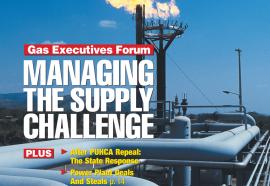The Rush to Reliability
FERC races to impose NERC’s new rules, raising howls of protest in the process.
After pleading with Congress for so many years, and then at last winning the requisite legislative authority to impose mandatory and enforceable standards for electric reliability, to replace its legacy system of voluntary compliance, NERC finds itself at a curious juncture. It wants to slow the transition.







